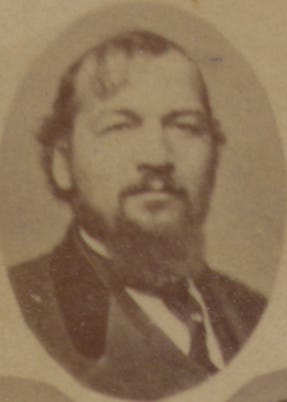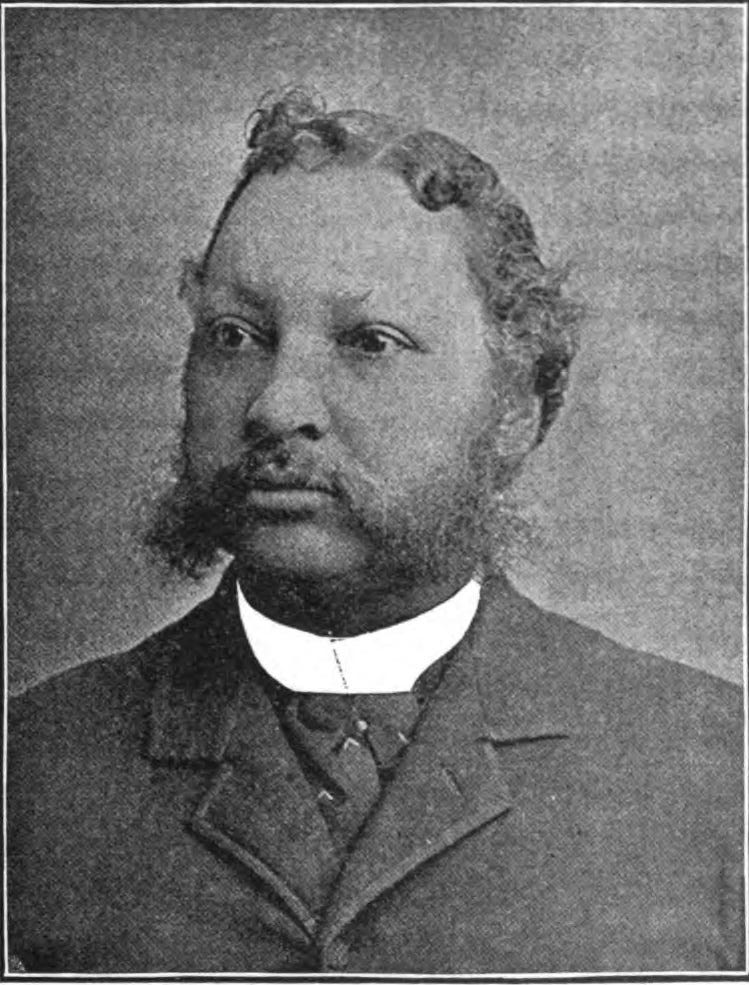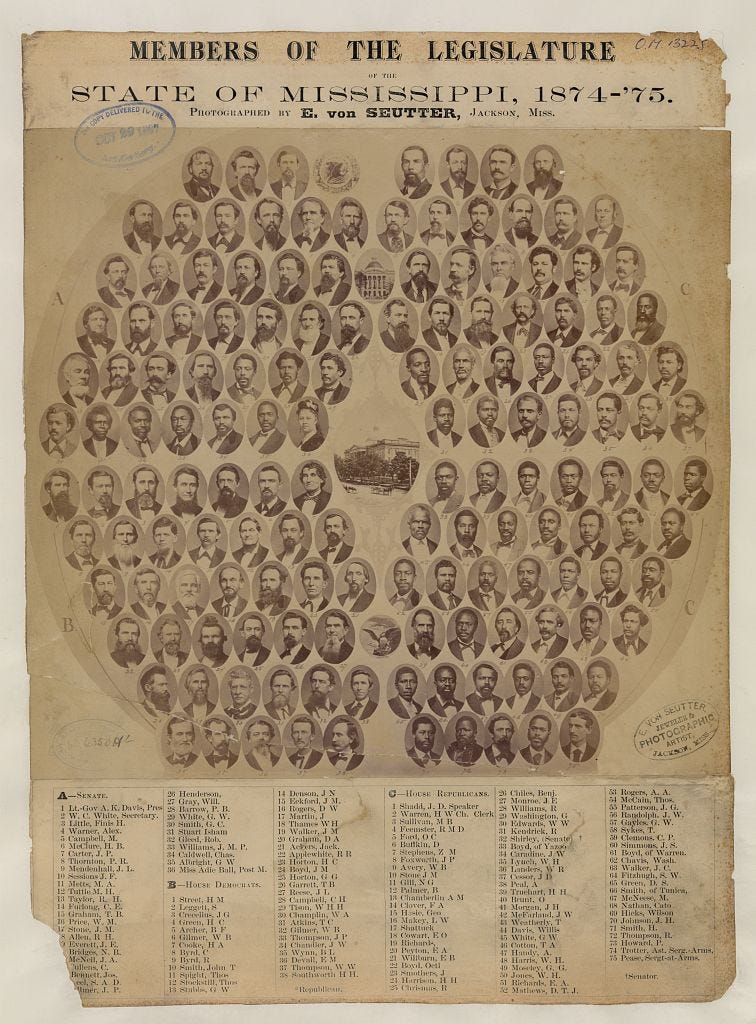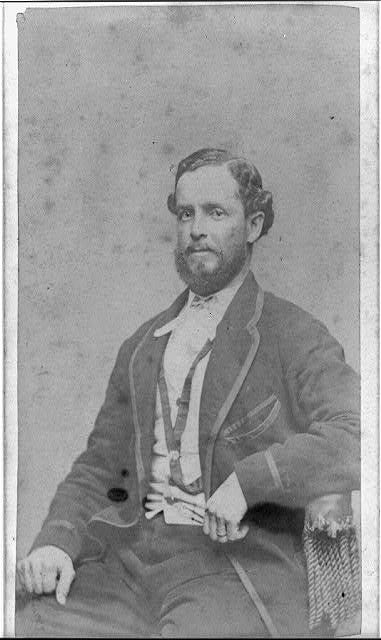This Day in History: November 16th
On this day in history, voters in Mississippi witnessed a landmark political shift as three Black candidates won statewide office during the Reconstruction era.
Alexander K. Davis was elected lieutenant governor; James Hill became secretary of state; and Thomas W. Cardozo secured the position of superintendent of education.
In addition to the statewide offices, Black candidates made significant gains in the Mississippi Legislature. They won 55 of the 115 seats in the state House and nine of the 37 seats in the Senate, a combined 42% of all legislative positions.
Alexander K. Davis

Alexander Kelso Davis was born in Mississippi and raised in Tennessee. He was self-taught and formerly enslaved. Davis arrived in Mississippi in 1869, settled in Noxubee County and became a lawyer. He was elected to the Legislature the same year. Historians say his legislative performance was a key factor in his election as lieutenant governor, where he served under Gov. Adelbert Ames.
After leaving office, Davis entered the ministry. The 1880 census listed him in Macon with his wife, Ophelia, and three children. He died in 1884 in Canton at about age 44. The New York Herald reported that both Black and white Mississippians respected him. He resigned the lieutenant governorship to avoid impeachment during a period of political upheaval. His daughter, Alexenia Davis, later moved to Chicago after her marriage to Nelson Halter Foote. A fuller biography appears in the Mississippi Encyclopedia.
James Hill

James Hill was born in Marshall County, Mississippi, in the late 1830s and was enslaved by a man also named James Hill. He trained as a machinist and became known as a skilled mechanic. Hill entered politics during Reconstruction and served in the Mississippi House of Representatives, first as sergeant-at-arms and later as speaker.
Hill served as secretary of state from 1874 to 1878, becoming the last Black Mississippian to hold statewide office. After leaving office, he worked as a postmaster and internal revenue collector in Vicksburg and later ran for Congress. He became president of the Mississippi Cotton Manufacturing Company in Jackson and, by 1900, worked in the U.S. General Land Office after being appointed by President William McKinley. Hill launched the Mississippi State Register, a weekly newspaper, in early 1903. He died of heart disease on June 12, 1903, at age 65. He never married. A statue of Hill stands in Mount Olive Cemetery in Jackson, and Jim Hill High School is named after him.
Thomas W. Cardozo
Thomas Whitmarsh Cardozo was born in 1839 to a family of mixed African American and Jewish heritage. A teacher and journalist, Cardozo taught in Elizabeth City, North Carolina, and later in South Carolina after the Civil War. He moved to Mississippi during Reconstruction and became an influential figure in the development of public education.
Cardozo was elected superintendent of education, becoming the only Black person ever to hold the position in Mississippi. He advocated for uniform textbooks and wrote about political life in Mississippi for the New National Era. He also served as a delegate to the 1873 National Civil Rights Convention in Washington, D.C. Cardozo resigned after being accused of malfeasance, a charge rooted in the political tensions of Reconstruction.
He died in 1881. His brother, Francis Lewis Cardozo, was also a prominent Reconstruction official. Cardozo Middle School in Jackson is named for him, and the Library of Congress holds a photograph of him, which is shown above.



